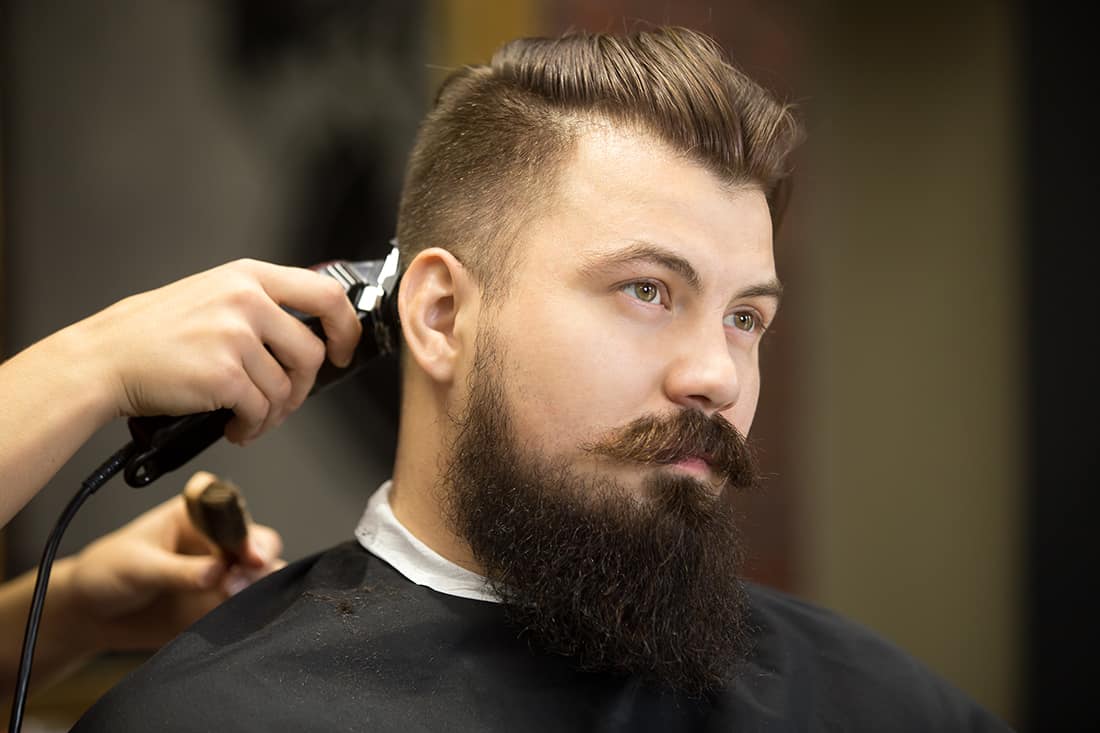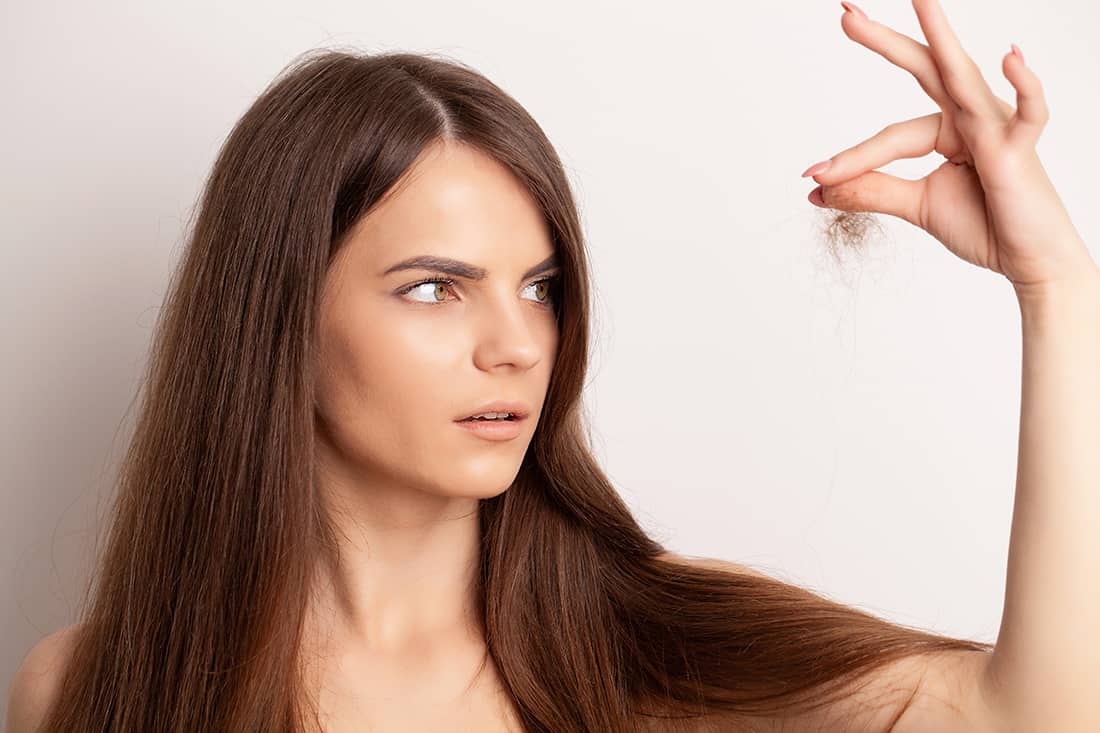What your hair says about your health. You probably think about your hair on a daily basis. While many of us only focus on the aesthetic pleasure of having flowing shiny locks, the fact is that dull, limp strands, or hair loss, can sometimes indicate a health issue. Are you missing the clues that your hair is revealing about your health? Research shows that changes in your hair’s look, texture, or thickness can be signs of underlying health conditions. Here’s how you can tell whether your hair changes are due to a health problem, genetics, stress, or a nutritional deficiency.
If hair looks silky, it’s safe to say that it’s probably healthy. That shiny, and sought-after texture is the result of a smooth, flat-lying cuticle. The cuticle is our shingle-shaped outer layer that has the job of protecting a sponge-like shaft beneath and does its best work when its “shingles” are sitting tightly overlapped on top of the cuticle. This causes the cuticle to reflect light, and your hair looks oh-so-shiny.

1. What only your hairdresser and your doctor know
Shiny hair with a smooth texture and clean-cut ends or tapered tips are generally perceived to be healthy. Hair texture and shine relate to hair surface properties, whereas the integrity of hair ends relates to the hair cortex. We usually think that the condition of our hair depends on the way we take care of it and on external factors. Your hair can let you and your doctor know whether you’re stressed, have a nutritional deficiency, a thyroid problem, or other health issues. Here are seven key things to look for in your locks.

Research shows that changes in your hair’s look, texture, or thickness can be signs of underlying health conditions. The state of your health, stress or worry, dieting, sleep patterns, pregnancies, menstrual cycle, long and short term illnesses, fevers, and very importantly, the drugs, vitamins, and minerals your take to counteract them all, every one of these can affect your hair. Hair is incredibly sensitive to internal changes.
